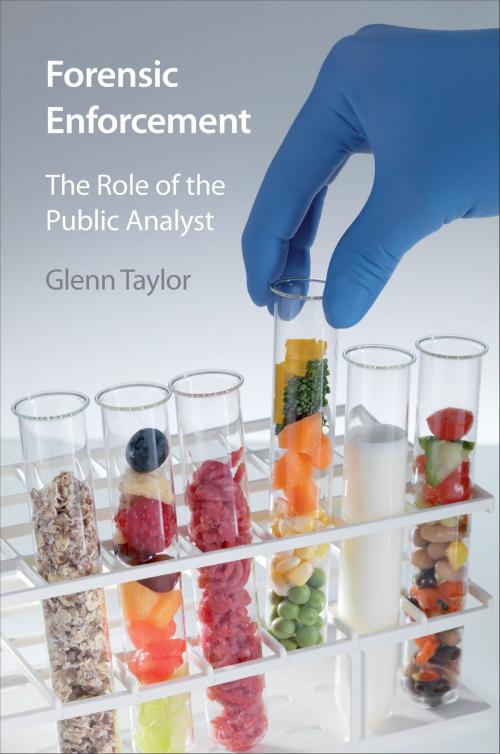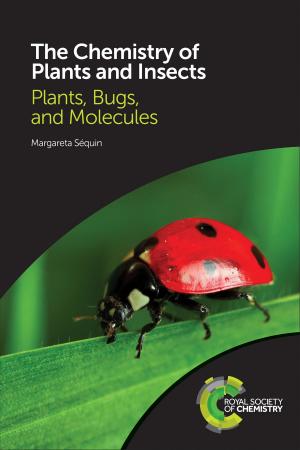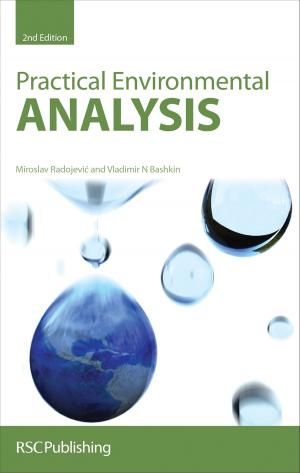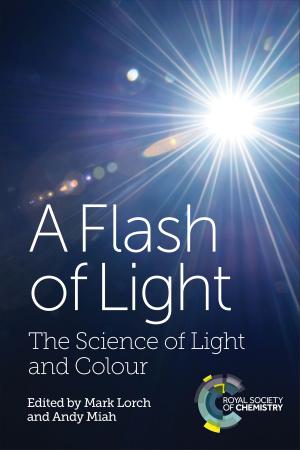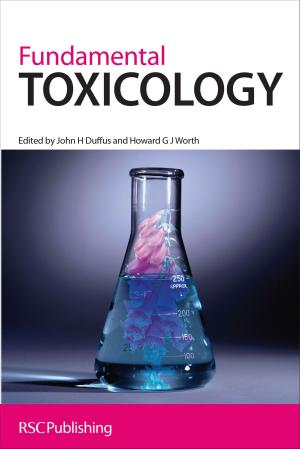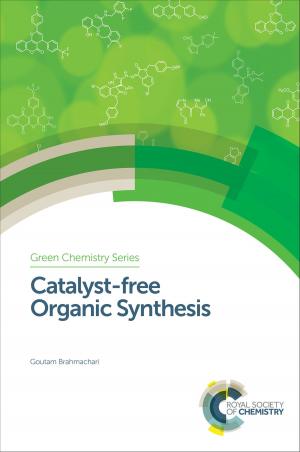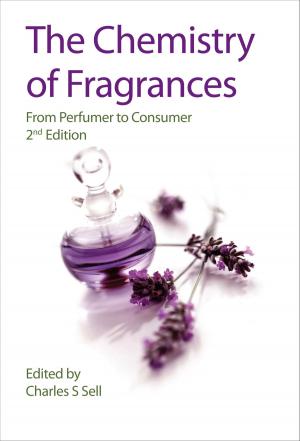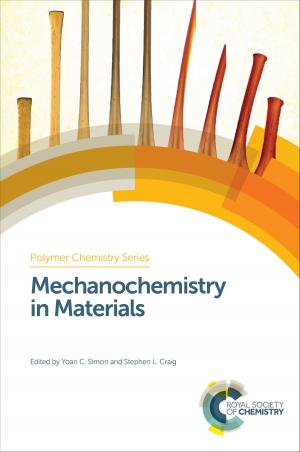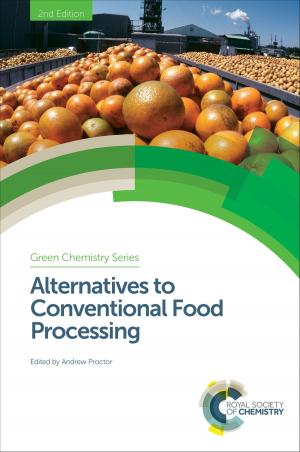Forensic Enforcement
The Role of the Public Analyst
Nonfiction, Science & Nature, Technology, Food Industry & Science, Science, Other Sciences, Philosophy & Social Aspects| Author: | Glenn Taylor | ISBN: | 9781782625797 |
| Publisher: | Royal Society of Chemistry | Publication: | November 9, 2015 |
| Imprint: | Royal Society of Chemistry | Language: | English |
| Author: | Glenn Taylor |
| ISBN: | 9781782625797 |
| Publisher: | Royal Society of Chemistry |
| Publication: | November 9, 2015 |
| Imprint: | Royal Society of Chemistry |
| Language: | English |
Over the last 150 years, the Public Analyst profession has hidden its light under a bushel, with the notable exception of Fredrick Accum, one of the first Public Analysts who published the names and addresses of food adulterers, this group of chemists has quietly protected the public from food fraud and adulteration. Using their forensic skills to find traces of poison and other deleterious materials in our food and guiding the Courts and legal profession through complex scientific evidence, it has undersold itself to the public. It is time to tell their story with this collection of memoirs from many practising and retired Public Analysts. Their accounts of samples submitted to them, how they analysed them, and the tales that unfolded, make for a fascinating insight into the field. This is a timely publication, as funding for this area continues to fall, to the concern of many not just in the UK but throughout Europe. Yet, whilst food adulteration may not be as rife as it was 150 years ago, food fraud and adulteration is now on a global scale with improved communications, the fear of adulteration is probably larger than ever. This funding position does not sit well alongside levels of public interest that have never been higher in food, science in general, and forensic science. And yet research is still needed to find future strategies to maintain a vital service to protect the public and it is important to raise the profile of the role of the Public Analyst, now more than ever, This book, which is not intended as a text book but as a light read, will achieve this aim while simply telling the stories of a collection of Public Analysts, things they have found in food and other materials and their memoirs and anecdotes. It will appeal to those who watch programmes such as Crime Scene Investigates and anyone with an interest in forensic science and science in general.
Over the last 150 years, the Public Analyst profession has hidden its light under a bushel, with the notable exception of Fredrick Accum, one of the first Public Analysts who published the names and addresses of food adulterers, this group of chemists has quietly protected the public from food fraud and adulteration. Using their forensic skills to find traces of poison and other deleterious materials in our food and guiding the Courts and legal profession through complex scientific evidence, it has undersold itself to the public. It is time to tell their story with this collection of memoirs from many practising and retired Public Analysts. Their accounts of samples submitted to them, how they analysed them, and the tales that unfolded, make for a fascinating insight into the field. This is a timely publication, as funding for this area continues to fall, to the concern of many not just in the UK but throughout Europe. Yet, whilst food adulteration may not be as rife as it was 150 years ago, food fraud and adulteration is now on a global scale with improved communications, the fear of adulteration is probably larger than ever. This funding position does not sit well alongside levels of public interest that have never been higher in food, science in general, and forensic science. And yet research is still needed to find future strategies to maintain a vital service to protect the public and it is important to raise the profile of the role of the Public Analyst, now more than ever, This book, which is not intended as a text book but as a light read, will achieve this aim while simply telling the stories of a collection of Public Analysts, things they have found in food and other materials and their memoirs and anecdotes. It will appeal to those who watch programmes such as Crime Scene Investigates and anyone with an interest in forensic science and science in general.
